The Top 5 Most Important Rv Maintenance Tips
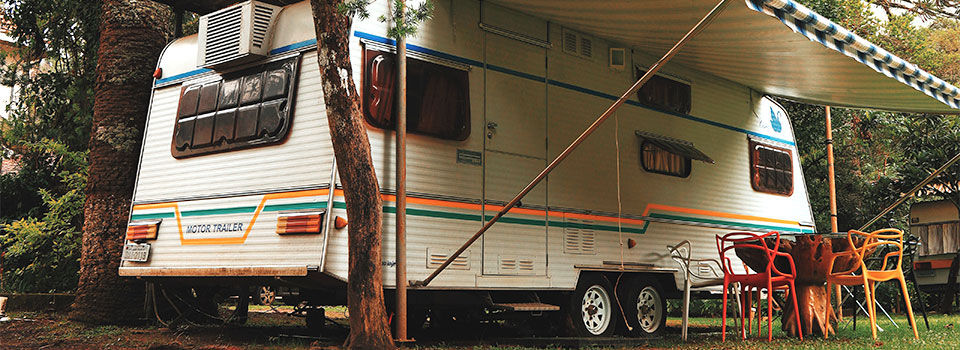
Recreational vehicles (RVs) are great for touring the country, seeing more of the great outdoors, and having some privacy when visiting friends and family. Yet owning your own RV will only save you time and money over renting one if you maintain it regularly. A few basic chores throughout the year, performed at the right times, will keep the RV ready to use during the peak travel season. Here are the most important RV maintenance chores and the tips you’ll need to complete them.
1. Winterize Properly
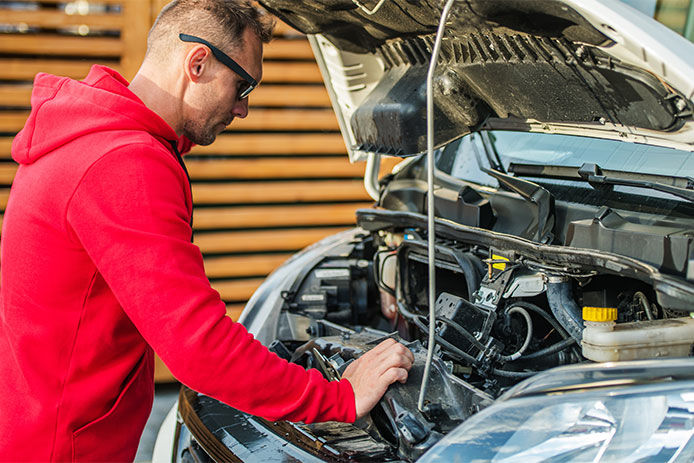
Seasonal chores are some of the most important ones when it comes to RVs, just like with any vehicle. Winterizing an RV before storing it is essential regardless of the climate. Even when water can’t freeze in the tanks or pipes, fluids like gas and oil go bad as they sit over time. Draining fluids or stabilizing them with anti-freeze and similar treatments will protect all the major systems from damage. Other important winterizing steps include:
- Cleaning up any food residues and odors that might attract insects or rodents
- Draining or adding anti-freeze to the water and waste tanks, along with draining the water heater
- Open up the cabinets, refrigerator, and other appliances so they don’t develop moisture or odor issues
2. Run the Generator
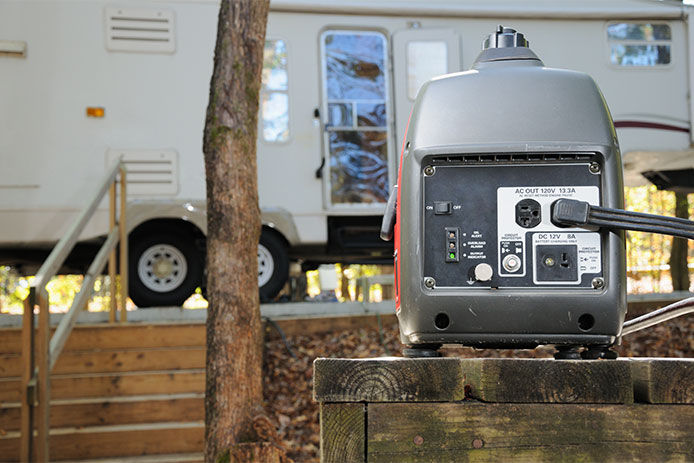
You might think that not running your generator very often will save it for use later. Unfortunately, the opposite is actually true as the oil and fuel in it will break down and damage the equipment. Even if you keep fuel and oil out of the generator, it needs to run regularly to keep rust and corrosion from damaging the internal components. Starting the generator and letting it run for half an hour or so every month is the best way to keep it working smoothly. Make sure to stabilize or remove the fluids when winterizing the RV since you likely won’t be cranking the generator every month during that season.
3. Replace the Tires Often
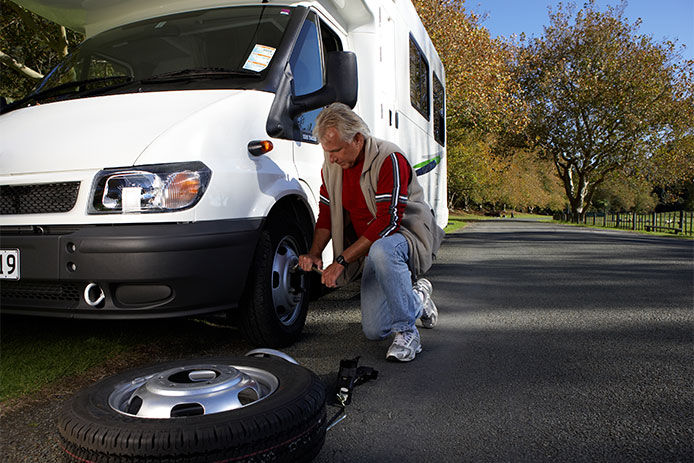
The tires on an RV spend a lot more time sitting and getting exposed to the sun than those on your daily driving vehicle. Since RVs often go months sitting in one spot between uses, tires often crack and develop flat spots after just a few uses. Conditioning the rubber with a tire treatment is one good step, but the best is to mask each tire with a light-blocking cover. Move the RV a few feet in each direction each month to rotate the tires and keep them from cracking or developing flat spots. Replace the tires as necessary so they’re not a hazard on the roadway.
4. Cover the Roof
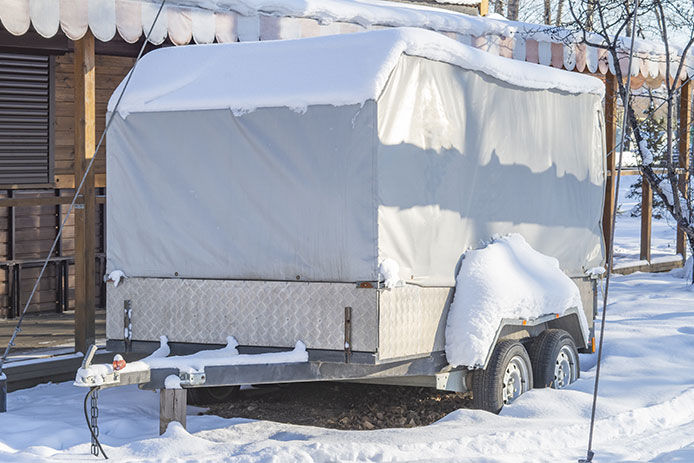
No part of the RV absorbs as much of the sun’s damaging rays as the roof. Combine that with the risk of falling branches, hail, and other physical hazards and you can see why so many RVs develop leaks. Keeping the RV under a roof whenever it’s not on the road is the best way to extend its life and reduce the amount of work you must do to keep it sealed. Even with meticulous indoor or covered storage, an RV will eventually need a new coating of roof sealant. Check with the manufacturer of your particular model to find a compatible treatment and the recommended schedule of application. Clean the roof thoroughly at least once a year to make sure mold and mildew aren’t slowly damaging the surface.
5. Clean and Treat the Wastewater System
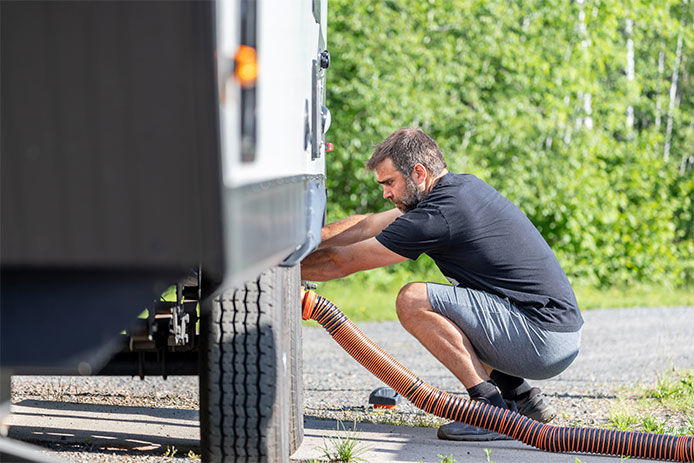
While no one wants to think about or access the wastewater tanks on their RV, it’s a necessary task. You’ll need to do a little more than throw tablets into the tanks to keep them running smoothly. Wait to empty the tanks regularly until they’re at least 2/3rds full to encourage more rapid draining. Deep clean the tank after each trip or every few weeks if you’re using it for long periods. This is easily accomplished by spraying water into the tank as it’s being drained. Don’t let anyone drop items down the toilet that aren’t safe to flush, and take your RV to a repair shop for help if you suspect a clog.
With the right maintenance, every RV will perform better and be more comfortable during the peak travel season. Don’t let a broken generator or clogged waste pipe interrupt your trip when routine maintenance can prevent all of these problems and more.
While do-it-yourself projects can be fun and fulfilling, there is always a potential for personal injury or property damage. We strongly suggest that any project beyond your abilities be left to licensed professionals such as electricians, plumbers, and carpenters. Any action you take upon the information on this website is strictly at your own risk, and we assume no responsibility or liability for the contents of this article.